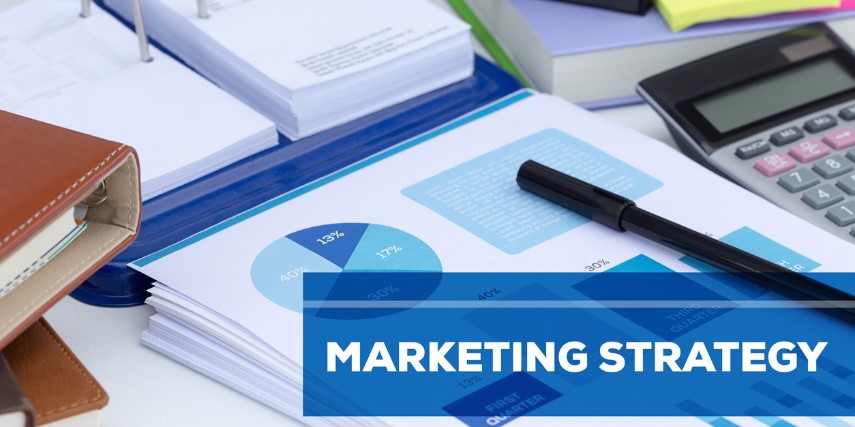You can make yourself crazy running through “what if” scenarios. From natural disasters and the stock market to politics, there are a lot of circumstances that have a potentially massive impact on your life, but over which you have almost zero control. Buy that flood insurance, diversify your stock market and try to not watch too much news. Then mostly try to forget about it.
But there is one place where trying to ask these questions is a wise and even necessary move: your marketing strategy.
Asking yourself “what if” around your marketing helps you determine where to invest most heavily, create an effective strategy and avoid some of the pitfalls of poor planning. Here are some likely consequences if you fail to ask, “what if.”
Wasted Resources and Opportunities: Your team should know what to do next if your social media campaign falls flat, if your audiences aren’t spending time on the platform where you invested or if your spring mailer generated little or no traffic to your website.
Any time you launch a new campaign, technique or promotion, you should have a “what if” segment in that plan. Your marketing strategy depends on the ability to refine what you are doing so that you don’t waste time and money investing in efforts that aren’t resulting in growth.
You also need a “what if” for when things are going particularly well. If you find that a particular promotion gets a much better response than you had anticipated, you need to be able to document what went well and use it in the future. Maybe it wasn’t the specific promotion, but the design or the humor that was used in the campaign that was effective.
Inconsistent Messaging: You should ask the question, “What if we don’t have a marketing strategy that clearly lays out our message, color scheme, taglines, tone and voice?” If you don’t include this as part of your plan, you will struggle with inconsistent messaging. Your audience won’t recognize your brand as easily and you will have to fight for engagement.
Engagement is one of the most important ways to build trust and a relationship with your audience. If you are inconsistent with the way you present your brand, your audience won’t recognize you. That lessens the chances they will engage, which makes it hard to build trust.
Failure to Differentiate: A key step in developing your marketing strategy is taking the time to assess and define what makes you different from your competitors. You need to know exactly why customers should and do choose you in your market. Do you provide extraordinary service? Maybe you pride yourself on adding a touch of luxury through beautiful packaging or exceptional materials. Or you might be a family-owned business with deep roots in your community.
Whatever makes you different from other brands should be clearly defined. Otherwise, you risk failing to differentiate.
These are just three of the answers to your “what if” questions. If you would like to know the other risks of not having a marketing strategy, let’s get together for an initial consultation. We can talk through your “what ifs” with you and see where you are on track and where we might be able to help. Contact SJC Marketing–we look forward to hearing from you!


